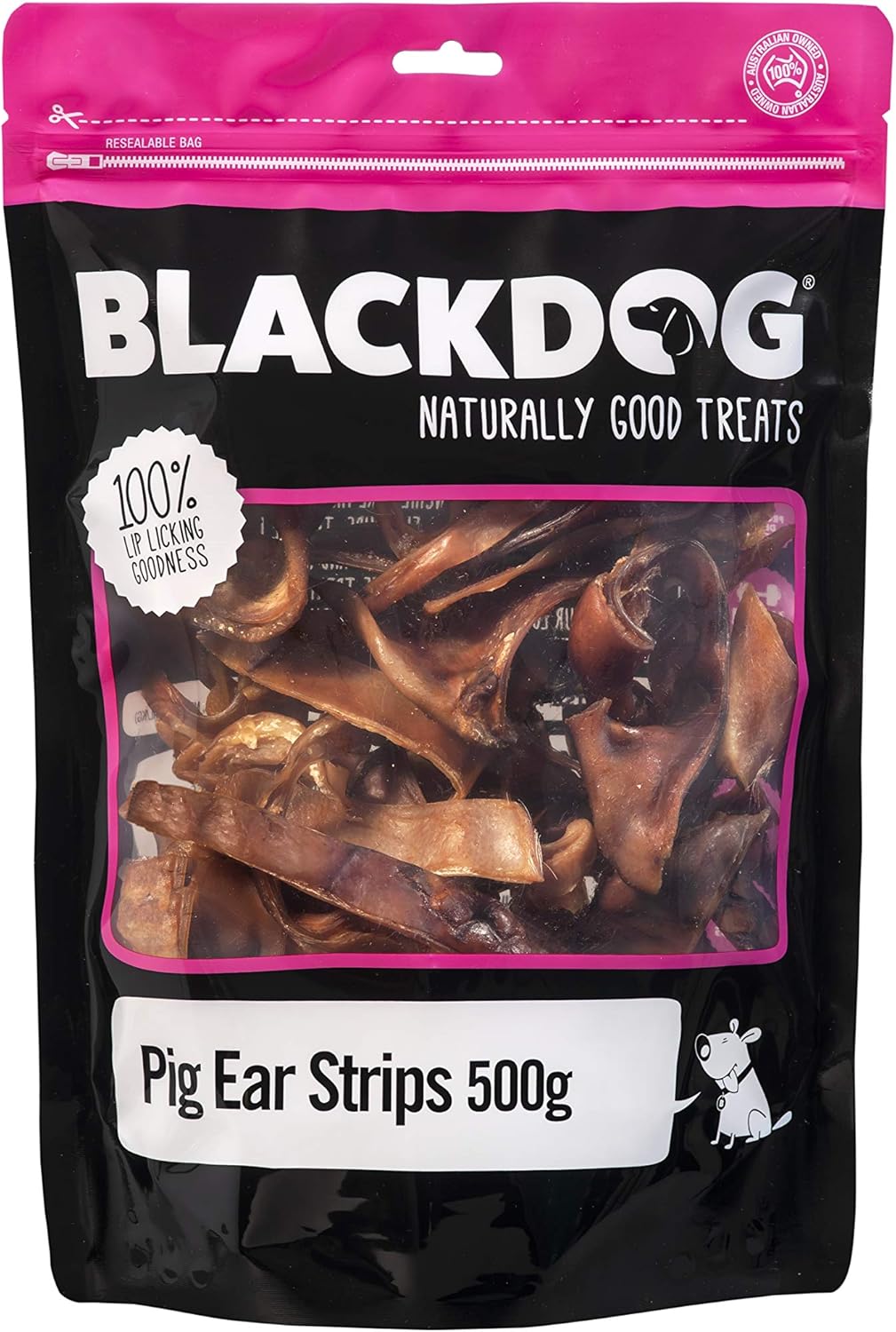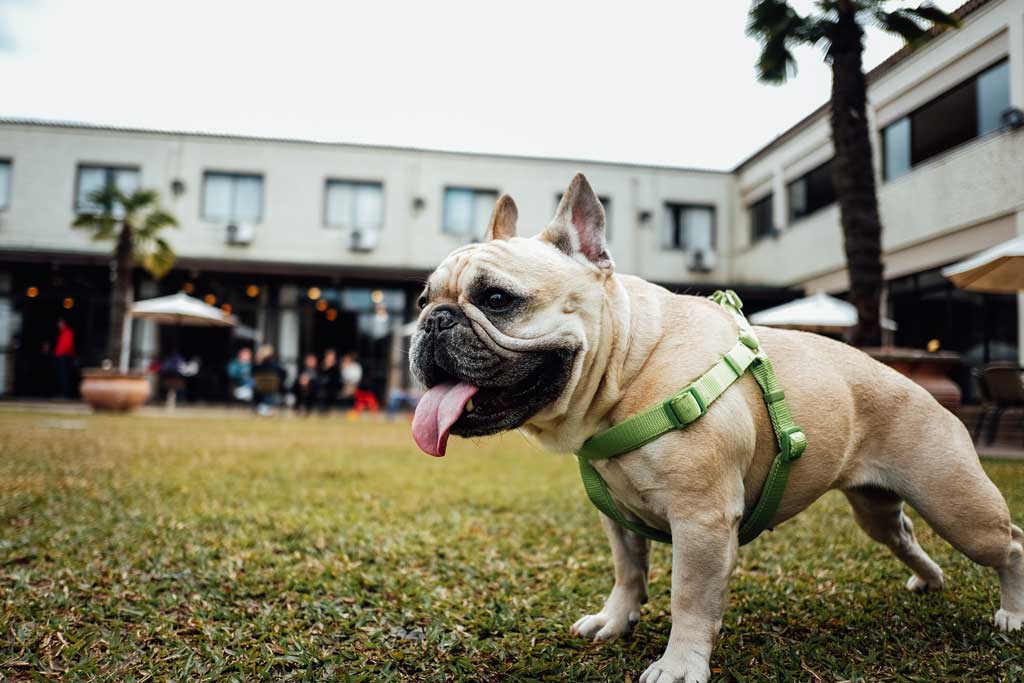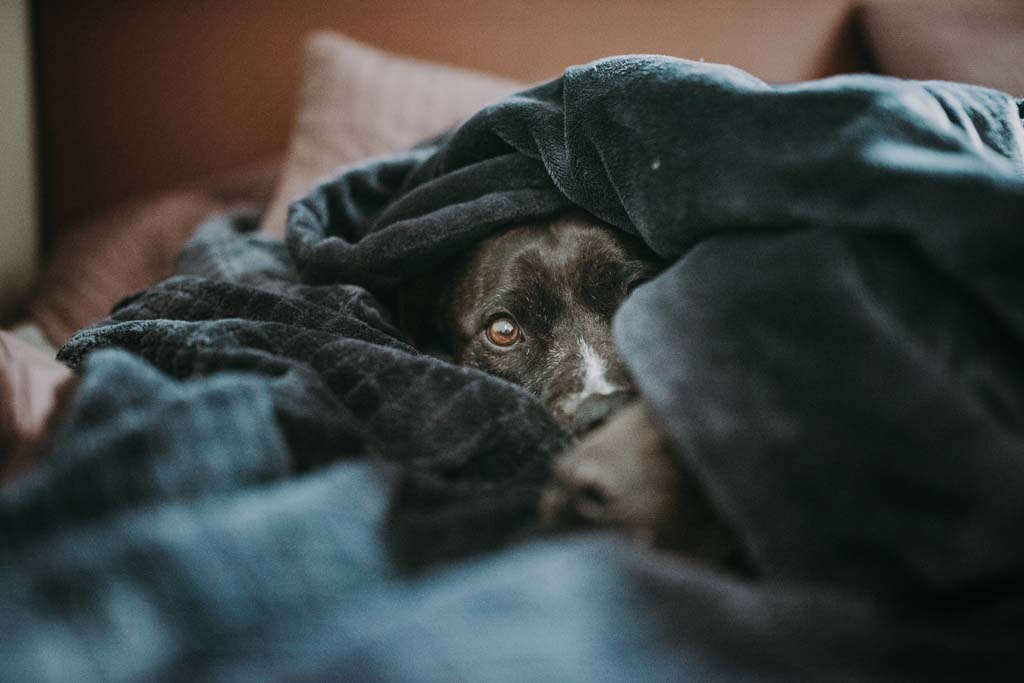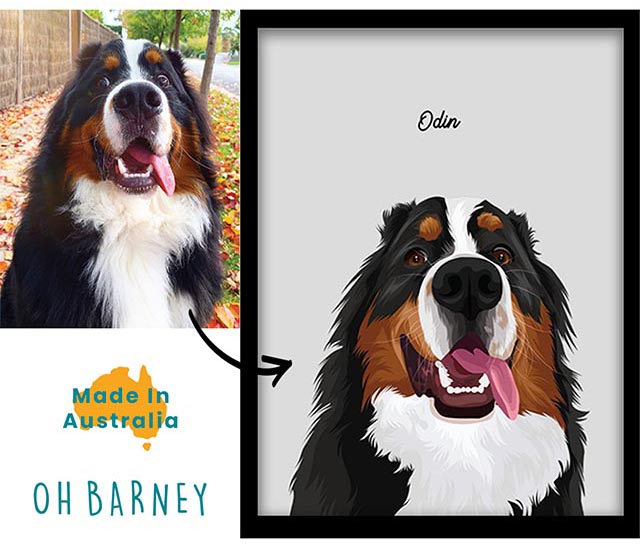Disclosure: Dogs of Australia is reader-supported. When you buy through links on our site, we sometimes earn an affiliate commission at no added cost to you. Learn more
Dehydrated pig ears for dogs are a classic when it comes to chews for dogs. They’re pretty tough and during the chewing process, the pig ear slowly becomes softer so that the dog can gradually eat it.
Chewing is a natural behaviour in dogs. In fact, dogs’ teeth are designed for extensive chewing and experts point out that prolonged chewing on bones may have a calming effect on dogs. If you ever noticed that your dog looks like they’re in a state of trance while chewing, this might explain why.
Since chewing is a natural behaviour in dogs, it makes sense to provide them with chew treats such as pig ears. By encouraging your dog to chew on proper chew treats, you may prevent them from chewing on objects that shouldn’t be chewed.
In this article, we’ll discuss all the frequently asked questions on the topic of pig ears for dogs. Let’s get started.
Table of Contents
ToggleAre pigs ears good for dogs?
Pig ears for dogs are “good on occasion”. They’re quite tasty to most dogs, but it’s important for dog parents to know that they have a comparatively high fat content.
Pig ears for dogs are pretty much the equivalent to human fast food, so there are some health concerns, especially for dogs that are already overweight or suffering from pancreatitis.
Some dogs may also experience allergic reactions to eating pork. If you have any concerns or if you’ve observed unusual reactions in your dog after eating pork, it’s best to discuss the topic with your vet.
Read more about healthy dog treats here: What Are Healthy Dog Treats?
Pig Ear Strips
To better manage the portion size of pig ears you give your dog, you can buy pig ear strips, which are pig ears but cut into convenient thin strips.

Are cow ears or pig ears better for dogs?
While there’s no single answer that applies to every dog, cow ears are sometimes considered better than pig ears because they’re lower in fat.
However, at the end of the day it really comes down to lots of different factors, such as your dog’s breed, age, medical history, daily activity level, and how frequent you want to give your dog a chew treat. That’s why it’s always best to ask your regular vet for advice if you’re in doubt about anything.

Can puppies eat pig ears?
Pig ears in small quantities are rarely a problem, but it’s always best to discuss the topic with your vet if you have any concerns.
In fact, pet shops often recommend pig ears for puppies, because puppies need to have something to chew while they’re teething, and pig ears are pretty soft in comparison to other chews such as deer antlers or goat horns.
That said, their fat content is high, so only give pig ears in moderation, purchase them from reputable businesses, and monitor the bowl movements of your puppy to make sure it’s not causing them indigestion.
How many pigs ears should a dog eat?
Regularly chewing on chew treats such as pig ears can have a calming effect on dogs and help clean their teeth – but how many pig ears should a dog eat?
There’s no one-size-fits all answer to this question, as it depends on the recommended calorie intake of your dog, which depends on their size, age, breed and potential underlying health conditions. Pig ears are high in calories, so the key consideration is that your dog’s overall calorie intake won’t exceed the recommended amount.
As a rule of thumb, you’ll often hear to give one pig ear per week for a medium-sized dog that is not overweight.
Can pigs ears make dogs sick?
Pig ears can make dogs overweight due to their high percentage of fat, and they may also cause a reaction in dogs who are allergic to pork. If you have observed any unusual reactions in your dog after eating pork, it’s best to discuss the topic with your vet.
Are pig ears the same as Rawhide?
No. Rawhide chews are made from the leather industry’s leftovers. Pig ear chews are actual ears from pigs that have been dehydrated. If you notice chew treats that look like pig ears but state rawhide on the ingredients list, they’re probably made from rawhide that’s been formed and processed to look like a pig ear.
How do they make pigs ears for dogs?
Pig ears for dogs can be preserved in different ways but the basic principle for dog chews is always based on dehydration. Manufacturers most commonly use a commercial dehydrator for this.
That said, we’ve been told that not every product sold as a pig ear in Australia is as natural as we may think. Some products might actually be rawhide shaped to look like a pig’s ear, or have additives like liquid smoke or unnecessary preservatives added.
We strongly recommend to shop pig ears from Australian businesses who are open and transparent about their sourcing and production process, such as Skinny Dog Pet Treats or Blackdog.
References
- American Kennel Club. “Are Rawhide Chews Dangerous for Dogs?”. https://www.akc.org/expert-advice/health/are-rawhide-chews-dangerous-for-dog/























